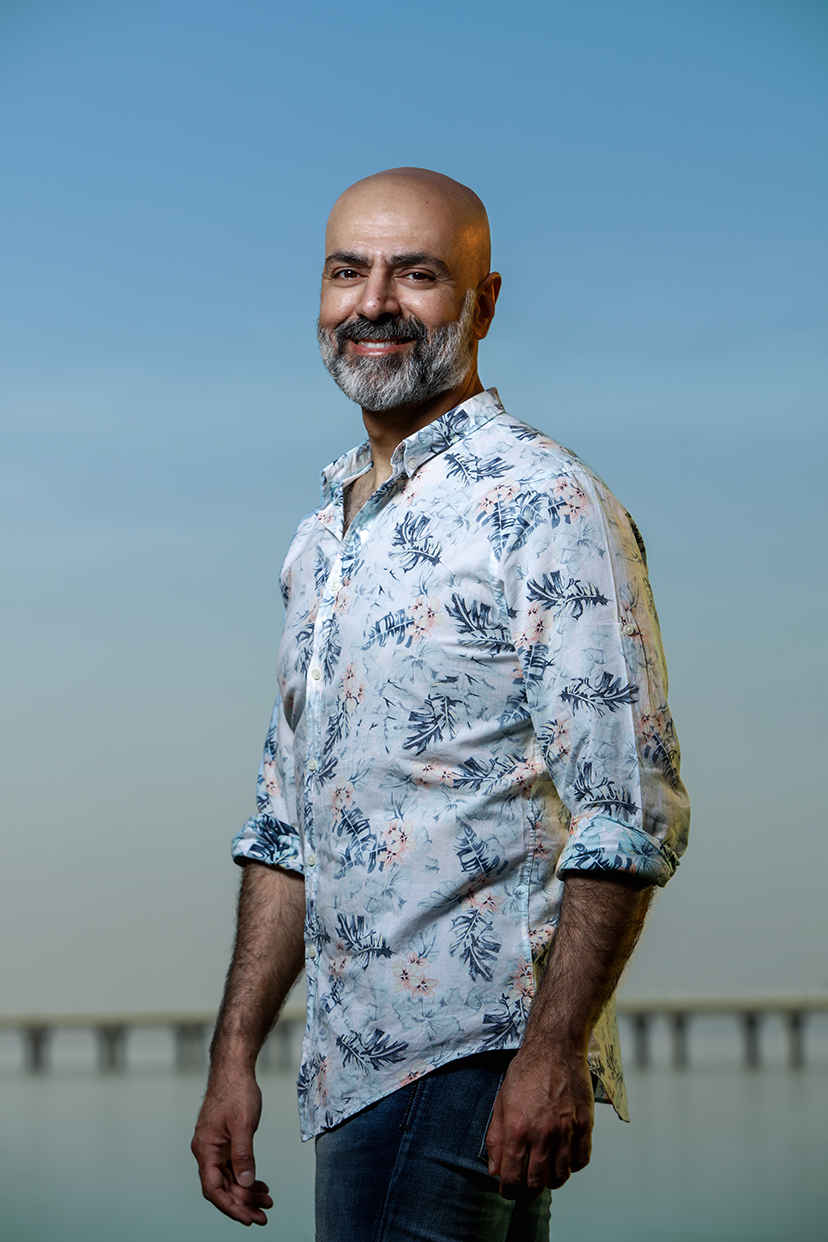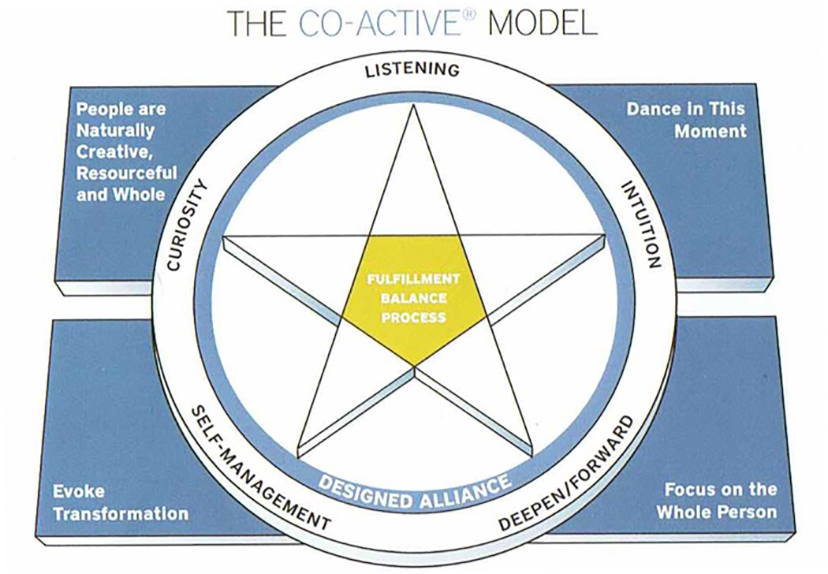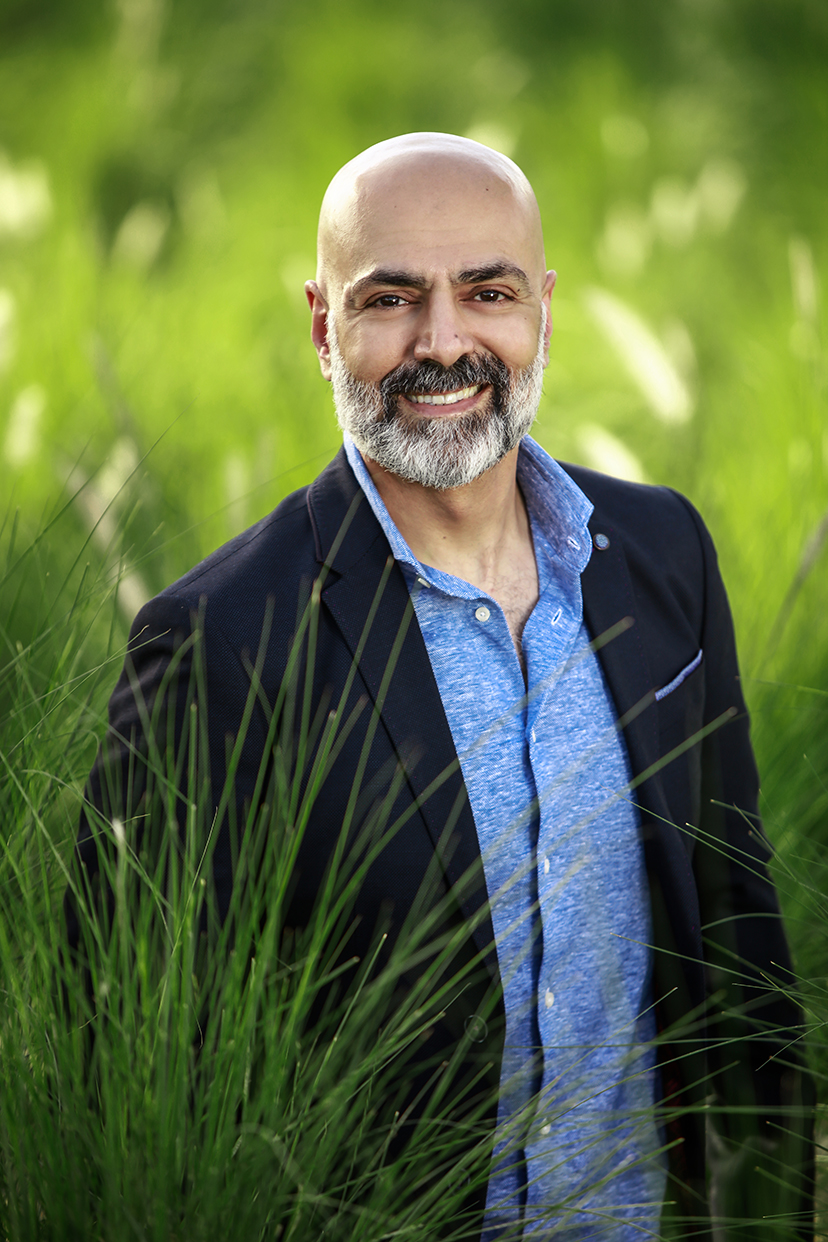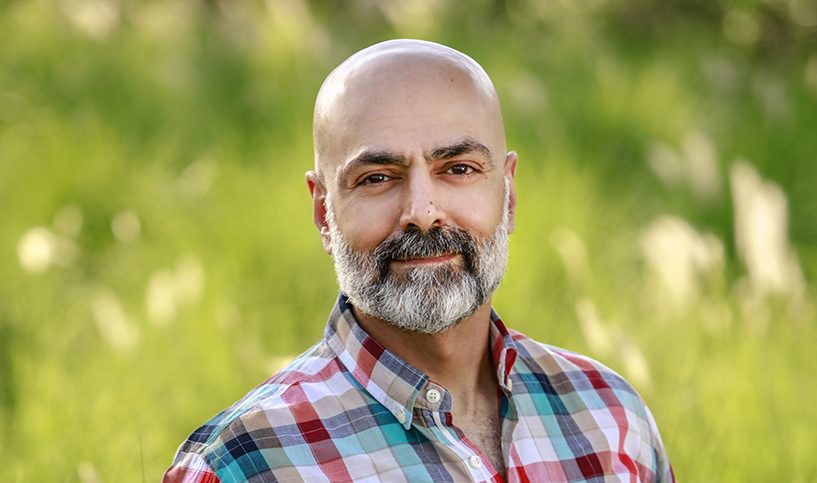The World Health Organization writes that 1 in 4 people will suffer from mental ill-health at some point in their lives. What if we are currently functioning adults and want to be more aware of ourselves, our situations and our motives in order to keep our mental wellbeing on track? There are so many different coping methods to learn in order to stay healthy emotionally and mentally, and more importantly it is useful to find a guide to help us in developing the skills which best suit us.
Kuwaiti-born and raised Ammar Almazedi has been exactly that guide to clients both local and international. A graduate of the accredited US based center CTI (Coaches Training Institute). Ammar holds training certificates in co-active life coaching. It is not immediately apparent how a man born into Arab culture finds himself embracing of this sort of activity.
“Since I was a kid, I saw myself as an old man helping people doing charity work. In my nature, it just makes me happy when I add value to people’s lives.”

Photo by Dhari Alfozan
It is fascinating to explore why someone becomes a life-coach. “It makes me feel like I have given something; there is a joy in giving” says Ammar. There is a risk that people who seek out support or guidance like his often can view their coach as their saviour. It takes a strong person to not be seduced by the power over people’s lives that this can represent. “I’ve always been transparent with myself,” says Ammar, “evaluate my actions and question my motives.” He then goes on to mention so-called gurus who fail after they get a sense of fame or fortune.
Ammar seems to be saying that if it is not truly a vocation, then being a life-coach is not really sustainable. You can’t ‘fake it till you make it’ here. It takes great dedication and many hours of study to maintain coaching skills. New methods, meditations and exercises are developed, as well as advances in coaching using different types of communication. Ammar has learned techniques from a number of different cultures, and the learning doesn’t cease otherwise the coaching can lose its effectiveness or relevance.
Asked about which kind of treatment he most likes to use to treat clients and Ammar seems to hear this question incredulously, with a tilt of the head and a look in the eye like a creature that knows you are talking to it but can’t understand a word. The client, not the coach, is what determines the treatment, and that same treatment may not work with the same client all the time.
As people’s emotions change, their openness to different techniques also changes, so a life-coach must be as well-informed across a variety of skillsets as possible. This is certainly a conscientious approach. Plus, if a successful outcome is the aim (word of mouth brings in new clients), then it makes sense to give yourself as full a set of tools to work with as possible.

The tenets of the Co-Active Life Coaching model as used by Ammar. Source: www.coactive.com. For more click on the image to watch a video explaining the process.
Although co-active life coaching is a business, (the CTI organization encourages you to start billing clients after only a basic course) the ultimate aim is to not continue to see your clients, other than a check-up counselling session every six months or so. “Co-active” means the client has so much work and homework to do over a course of treatment that they invariably learn to fly on their own (for a video on more, click here). Plus, one of the cornerstones of this coaching is that “People are naturally creative, resourceful and whole” meaning that we all have it within ourselves to be all we can be.
In doing so, a coach aims to release clients. This is why it is so important to find new clients over time, and Ammar has been recommended to people from all over the world. He can also coach via video chat or over the telephone, which takes a great deal of rather astute communication skills. He smiles sincerely, “I prefer to do it face to face but I like the challenge of the ‘phone’.”

Photo by Dhari Alfozan
The most rewarding experiences Ammar recounts are ones where people get to experience their emotions, not as easy as it would seem. Whether one believes it or not, there must be something to the bottling up of emotions producing toxicity in the body. Being positive produces such good health that the opposite must also be true.
“Those blocked emotions, and how they manifest could kill you,” he earnestly explains, “So if you just allow that emotion to live, no matter how uncomfortable [you can see that] there is a shift and then there is a release.” We can only imagine how immensely satisfying it is to be that conduit.
“I’m very modest” doesn’t often come from one who truly is, but Ammar is definitely sincere in how he approaches the learning and application of his coaching skills. Being self-aware is such a vital skill to have, and so rare, that it is comforting to see that he has this in the bucket-load. Early in our conversation I referenced the home page of Ammar’s website and he immediately confessed to rewriting it, “maybe a thousand times!”
It is refreshing to hear a life-coach admit that, just like the rest of us, they are not perfect either and also experience self-doubt. It’s easier and more effective to coach from a place of empathy.
Visit www.ammaralmazedi.com to find out more about co-active life-coaching sessions with Ammar. Email ammar@ammaralmazedi.com or call +965 9965 0599 for more information. Photography by Dhari Alfozan. For more on the photographer, please follow him on Instagram @dharif81.











